Sorry To Break It to You Babe, but the ”Mob Wife” Trend Is *Racist*
Let's call a spade, a spade.
Before we get into the tea of it all, let me preface it all by saying that as a beauty editor, I’m the first of the first that will report about and get into a popping TikTok trend/aesthetic — especially if it makes sense for my personal style and taste. But, there are some that I won’t touch with a 10ft makeup brush, let alone put words to them into the universe. However, the popular “Mob Wife” trend needs to be broken down a bit further.
It’s racist. Big period.
 Tiktok failed to load.
Tiktok failed to load.Enable 3rd party cookies or use another browser
This is how I can tell a lot of the new generation’s grandparent’s aren’t passing down recipe’s because as it relates to Black people, when did wearing fur coats, pearls, red lipstick and silk blouses equate to Italian/Mob culture? Did we forget that we come from regal people?
First of all, let’s rewind: This “Mob Wife” trend has always been culturally relevant to Black folx. Have you ever heard of “Sunday’s Best?'“ Doing an even deeper dive, when we think of Black organizations such as The Boule, Jack and Jill, etc; “dressing up” was a highbrow activity — a status symbol within the Black community if you will. (You know we love Black elitism.)
I was at a party recently, and was wearing a fur coat and a young lady gave me the sweetest compliment and ended with ‘Okaaaay, Mob Wife” and immediately I took a pause and remarked “No ma’am — it’s giving Trap Queen” because YES! I’ve always appreciated the Black woman aesthetic of being “Drug Dealer” chic. This is something that is innate to us and not learned or taught. For me, it was always Diahann Carroll-chic, or how damn fly Keisha from “New Jack City” was. These were a few of the women I ascribed ‘Drug Dealer” chic to.
The tendency to diminish our swagger, our style and our contribution to a trend that was created by and holds cultural relevance for Black women is subconsciously underpinned by racism. This almost suggests that Black people don't possess valuable things for themselves, and when we do acquire these “things,” they are associated with white culture. It's similar to how we've embraced the phrase “Hard wig, soft life,” which is closely linked to whiteness.
Got me?


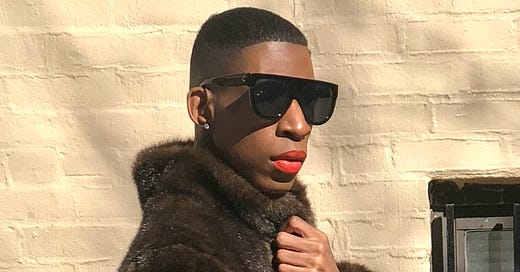


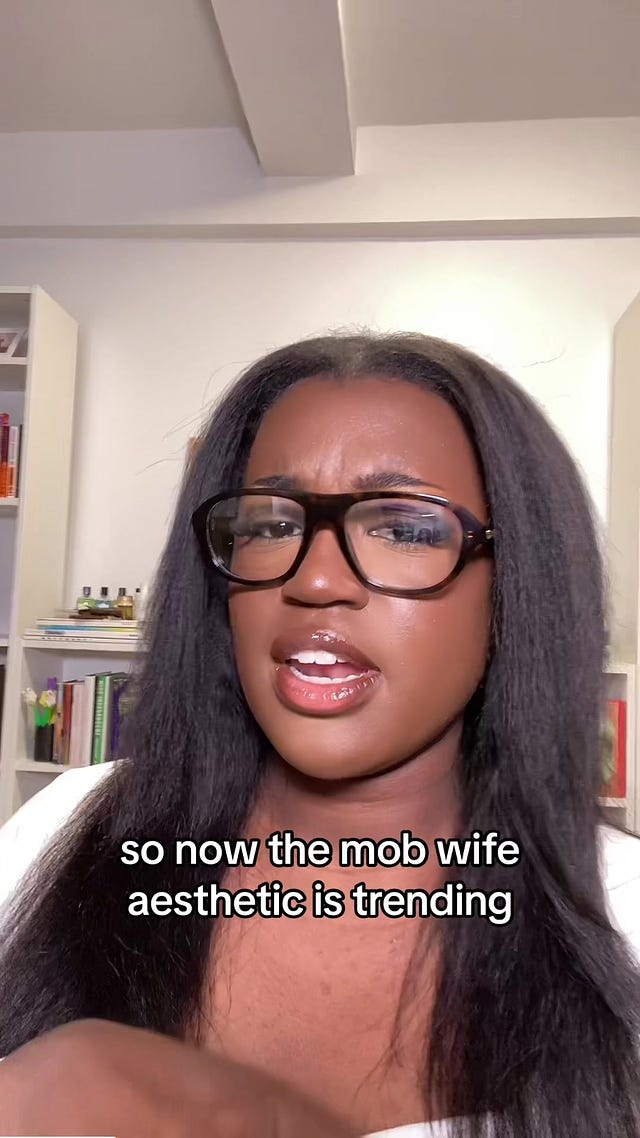
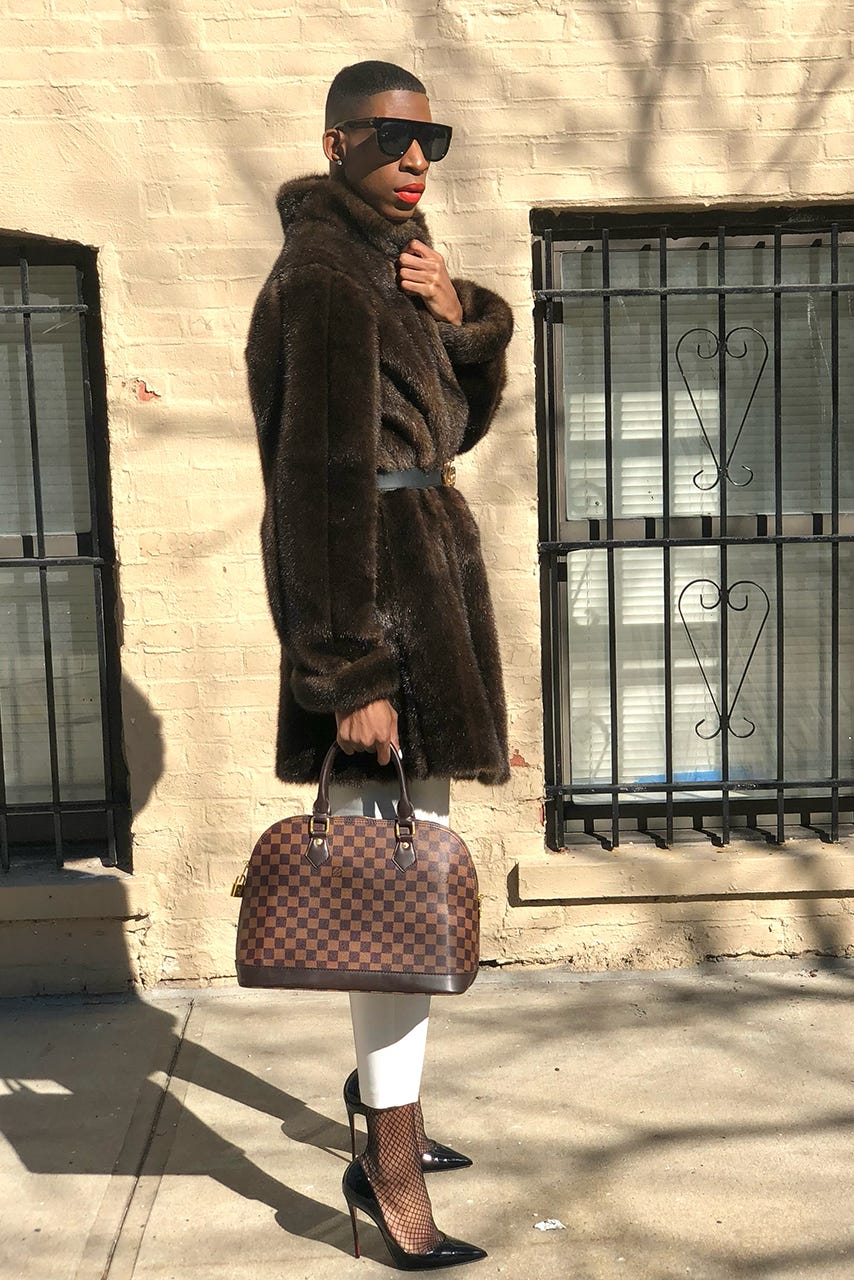
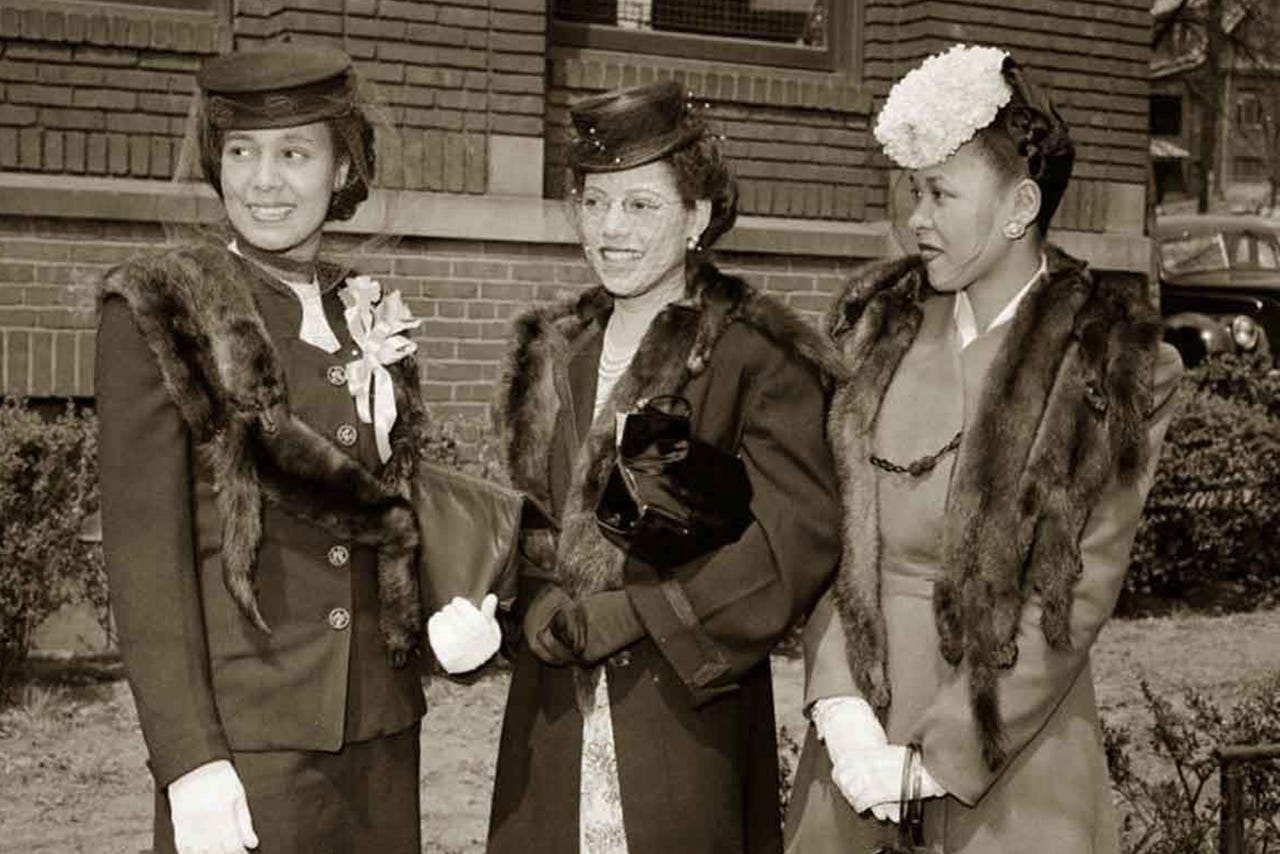
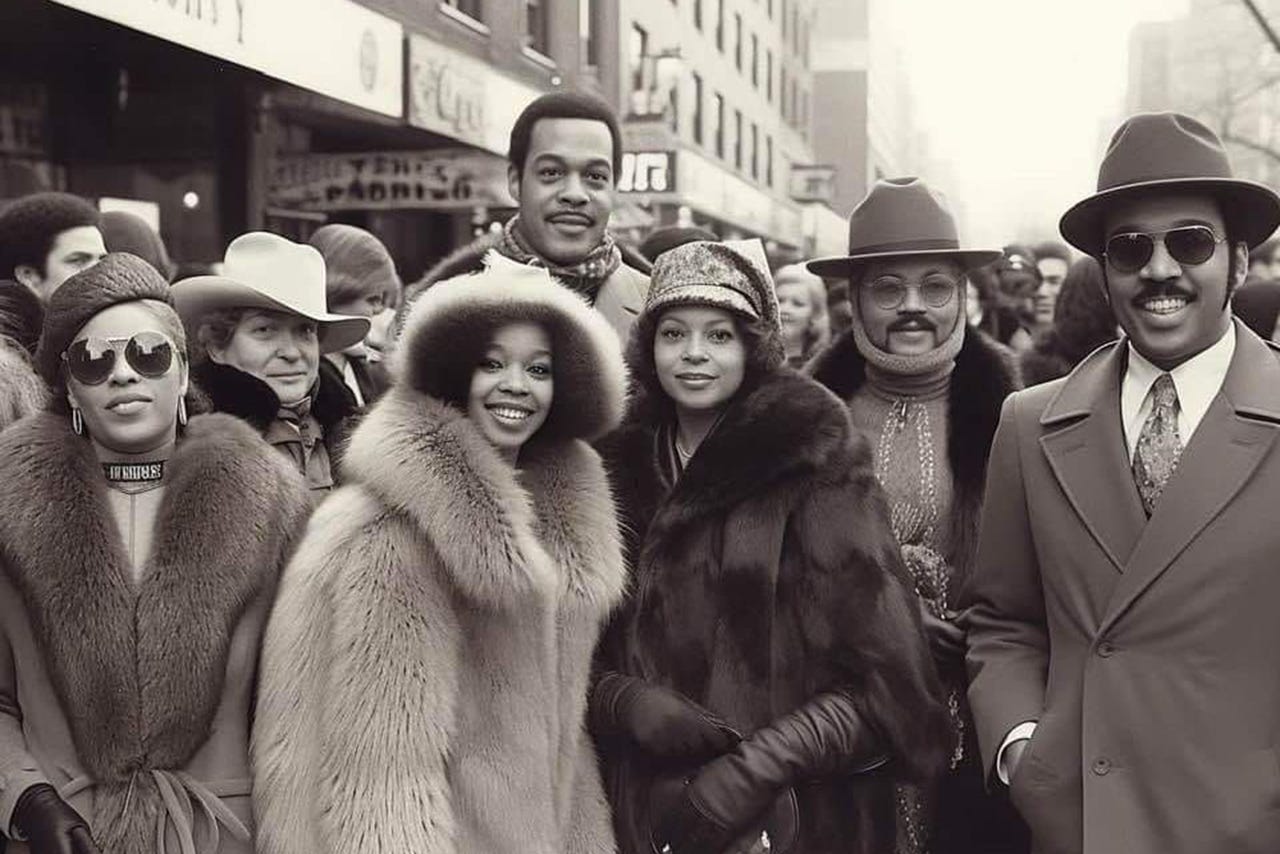
No ma’am Trap Queen is right!!